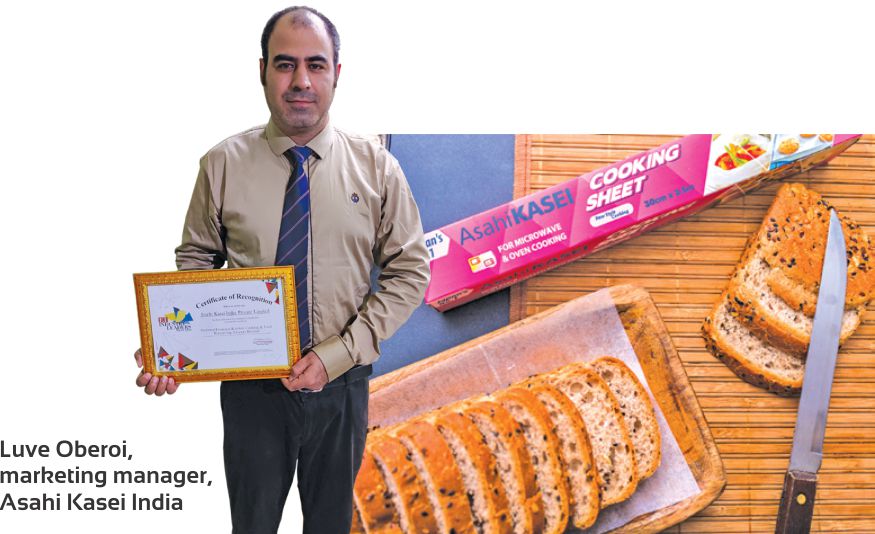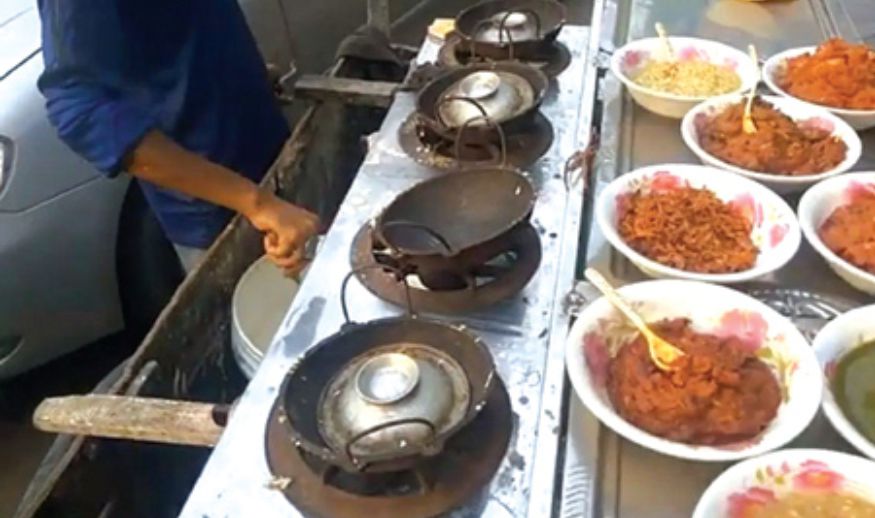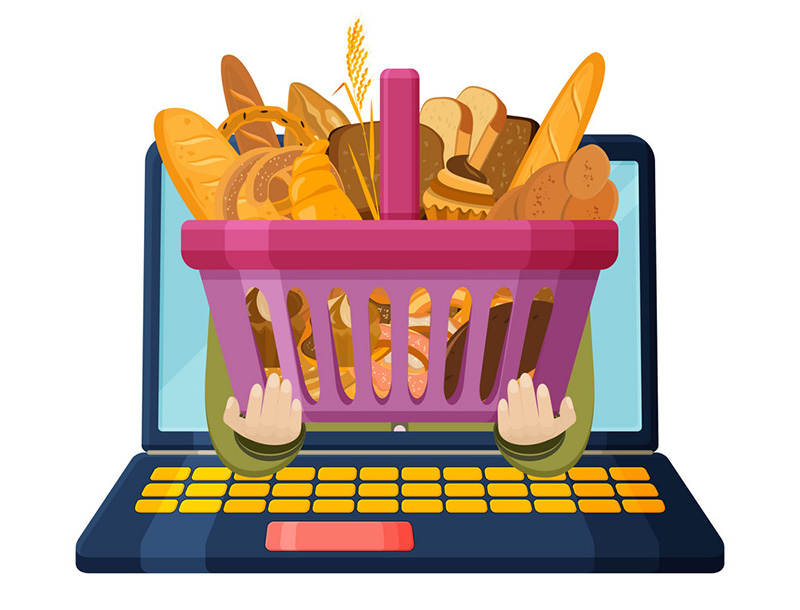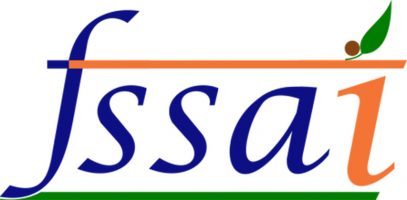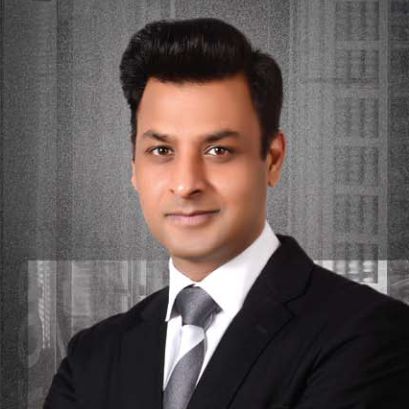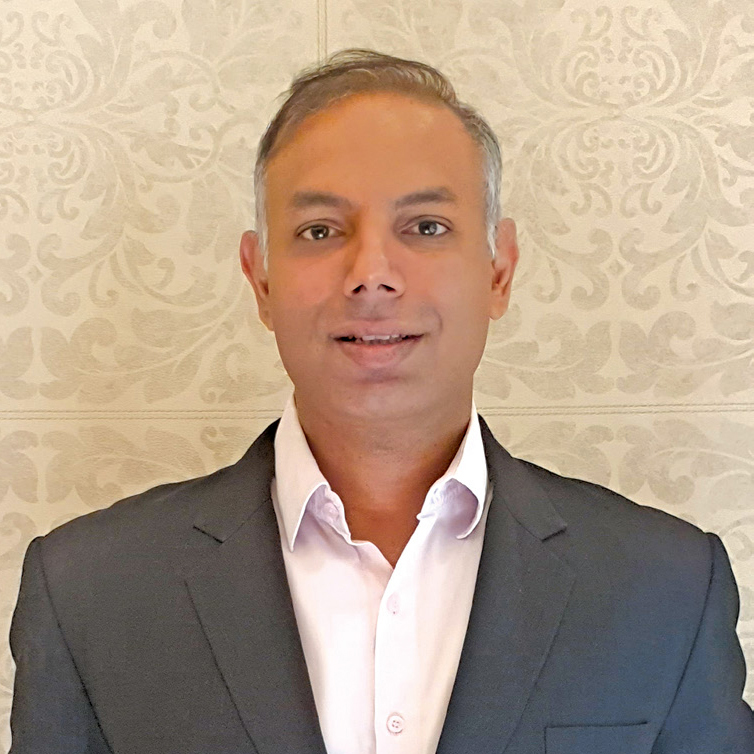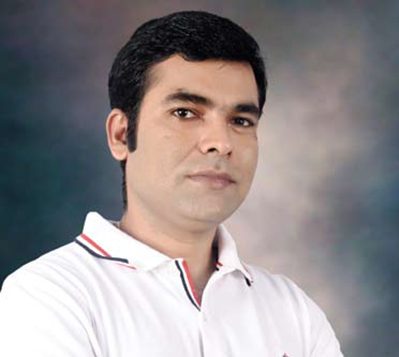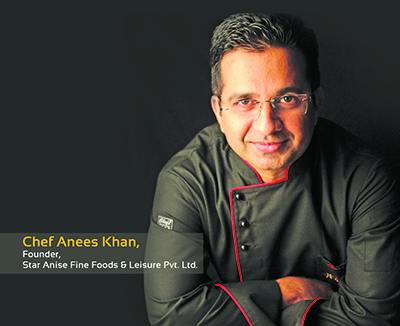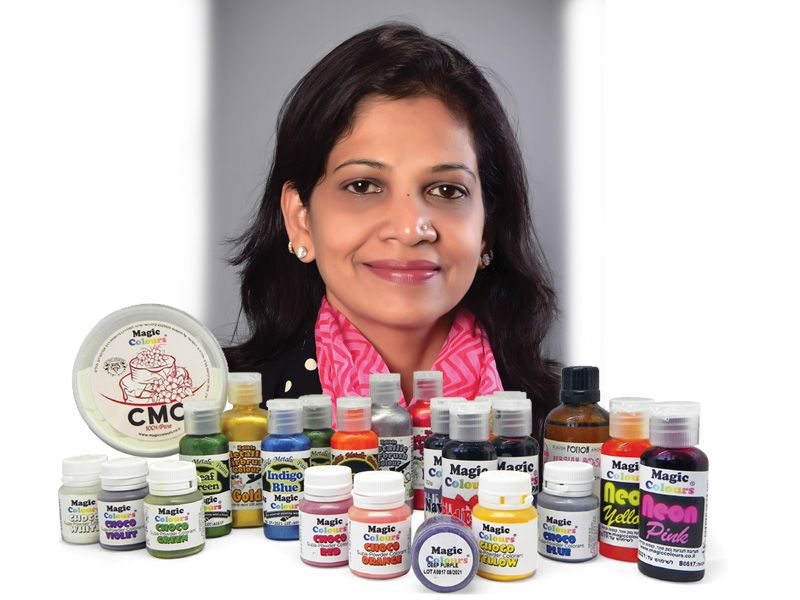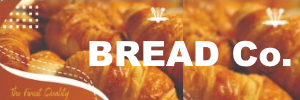The fact that there is no copyright for the brand Bangalore Iyengars poses the biggest challenge or their owners. Manoj John delineates the origin and history of the iconic Iyengars bakeries and checks out with their owners about the quality standards issues they face.
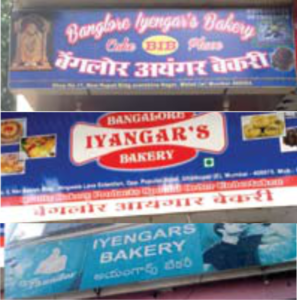
If you do a survey to find the brands with most recall value among customers, one of the top among them will be “Bangalore Iyengars”. Just as the term “Bangalored” has crept into the English language with the rise of the IT industry, “Bangalore Iyengars” also has entered the lexicon of the bakery industry denoting quality and tradition. Today, the Iyengars board can be seen in places as far as Mumbai and Pune.
However, little is known about their background. The common notions are that they are all part of the same business group or they are all run by businessmen belonging to the Iyengar community. Nothing is far from truth.
Genesis
Let us dig some history first. HS Thirumalachar, who hailed from Olikkal in Hassan district, started the first Iyengars bakery in late 19th century. In those days, Indians had no exposure to European bread making. Before opening bakery, Thirumalachar had a sweet shop. An Englishman, who used to visit his sweetshop, taught him how to bake bread. The baking unit he started, BB Bakery (Bangalore Brahmin Bakery) in Chikpet, Bangalore, is the progenitor of the Iyengars brand.
BB Bakery is today run by Sreenivas, the grandson of Thirumalachar. His other grandchildren run Surya Bakery. Thirumalachar’s son had opened VP Bakery (Visweswarapuram Bakery). The owners sold the bakery for Rs 500 in those days due to lack of good business. The bakery was bought by a certain Thirumalu from Kamenalli near Arkkalkudu. Thirumalu, who was doing his degree course in engineering, could not complete his studies because of ill health. He quit studies to take over the bakery and turned it into a success.
MR Ramanuja Iyengar, who worked in BB Bakery and learned baking for eight years, went to Belur in Hassan district and started his own bakery 1920. He also started another bakery in Hassan 1937 along with his brother Thirunarayana Iyengar.
That outlet came to be knows as Hassan Bakery. It was later run by MR Sampath Iyengar and now by his son Keshav Iyengar. It is still themost sought-after bakery in Hassan. Today, Hassan Bakery is run by third generation entrepreneurs. Surya Bakery is also run by the third generation of its founder. That is how the Iyengars bakery movement started.
Hassan Bakery, BB Bakery and Surya Bakery are some of today’s well-known bakeries from the original lineage.
Outreach
The second phase of the expansion started in 1970s. In those days, employment opportunities began to shrink. There were no job opportunities for Iyengars who lived mainly in the 16 villages, called Ashta Gramas, with eight hamlets lying in two opposite directions.
People had land but there were droughts, and agriculture was a loss-making occupation. There were no other sources of income. People had to find non-agriculture jobs in the production sector.
Bakery was the easiest sector for them to try their luck in. From 1970s to 1980s, Iyengars bakeries mushroomed everywhere. In Bangalore itself, it is said that 500 bakeries existed. All of them were started by people from Ashta Gramas. Both spouses of the owning family worked in the bakeries and they became phenomenal business successes.
After 1980s, the young generation of the Iyengar community focused on education. Parents had money and they sent children to good educational institutions. The positive side was that the youngsters received education unlike the previous generation who struggled to make a living.
And the flip side was that the educated youngsters chose professional careers in line with their education rather than their family business. There were no takers for bakeries and this led to a reduction in the number of bakeries. At the same time, there was another effect. This gave an opportunity for other communities to enter the bakery business. Iyengars, who believe in knowledge sharing, encouraged them.
People who worked with Iyengars started to set up their own bakeries. The Iyengars themselves helped their long-time employees to set up bakeries. Employees who had put in 10 years or so could have their own bakeries. All of them were independent bakeries, and there was no franchisee model. Thus the market grew.
It was localisation of the products that transformed the Iyengars bakeries. Badam cookies and kesri cookies became much sought-after items there.
Reversal
There is a reverse trend happening now. The new generation wants to choose bakery business as their career. At present, Bangalore presents a variegated picture. It is estimated that there are around 500 Iyengars bakeries in the city. There are very old bakeries such as the one run by Narasimhan called Atreya Bakery and Sri Atreya Bakery. Another old bakery is the 70-year old Krishna Bakery. These are the old bakeries in Chennai too.
Another notable bakery is the one started by third generation entrepreneurs GK Pramod and Subha. Hassan Bakery, in Bangalore, is new concept—bakery within a café. They are targeting chiabata, croissants and other new products of Europe to grow their business. Hassan Bakery is expanding with multiple outlets, starting from Bangalore.
It is testimony to the fact that Iyengars bakeries are slowly evolving and absorbing the latest trends in the industry. “We are looking at a scalable model. We want to open a series of bakeries where we offer a range of products. Our objective is to provide an international experience at the local market. In pastry also, we are introducing high quality products,” said Pramod.
Initially, Iyengars bakeries served only yeast-based products. Bread, rusk, handmade cookies, puffs, buns and the basic cakes made up the menu. There was no cream or icing on cakes. Then different products such as wheat bread arrived. Gradually, egg puffs, paneer puffs and such products entered Iyengars bakeries.
Similarly, in pastries a whole range of products were added. A lot of flavours such as strawberry, chocolate and pineapple were added. These were the add-ons.
“Iyengars bakeries do not give much emphasis on transforming the menu. They are focused on quality of the products. The core of the Iyengar brand is the taste. Differentiation started with pastry over the course of time. Taste differentiation is the key to the success of Iyengars,” said Mahesh Shetty, who runs an Iyengars bakery in Navi Mumbai. He is one of the many entrepreneurs from outside the Iyengars community who follows the values of the Iyengars bakery culture.
As many as 70 per cent of the Iyengars bakeries are still serving traditional products, and 30 per cent are coming up with new menus, according to a rough survey. The investment for setting up a typical Iyengar bakery is around Rs. 35 lakh.
No Input Woes
There was a time when raw materials for international products were tough to get. Customs procedures and import duties posed hurdles. But today, the situation has changed. With increasing number of bakeries and cafes offering international products, availability of authentic raw materials have become easier.
“Raw materials for international products are not an issue today. They is available today. The important thing is how to localise the products,” said Pramod.
Pizza, for instance, is now available with toppings that are locally available. Pizza with paneer topping is one such popular product. The challenge bakers are facing now is how to localise international products. It has become a matter of mindset change of the entrepreneur. Customers are exposed to international products as they travel. They are ready for new products. “And is the mindset of the baker to keep such products in his bakery,” said Pramod.
Menu Map Puffs, potato bun and khara roti are the popular products at Iyengar bakeries. These are difficult to copy because some of the mixes and procedures are trade secrets of individual bakers.
Various Iyengars bakeries have their own USPs. Some are famous for rusk, some others are for bread. “Authentic Iyengar bakeries used to keep only vegetarian products. But that custom is changing since many bakeries are now keeping non-vegetarian items also. The authentic Iyengars products may be differentiated by its specific taste and texture. Bakeries that are rooted in the Hassan district culture have peculiar recipes,” says Subir Rao, who hails from Karnataka and is a regular customer at Inyengars’ bakeries.
Menu engineering is a new concept, and it is evolving today. In olden times, people wanted bigger portions. Today, people want smaller portions. That is an example of how customer preferences are changing over time. Rather than menu revision, it is menu addition that is prevalent in Iyengars bakeries. Menu add-ons are the catchword there. That is because traditional products are the core of Iyengar bakeries. The new generation Iyengar entrepreneurs are well educated and well-travelled and they are open to add-ons. The expectation from a fine dine restaurant is different from that from an Iyengar bakery. Taste and texture is the king in Iyengars bakeries. Buns, rusks, breads, cookies, puffs are the core of Iyengars, and changing them from the menu is not a good idea. People from other states, such as Kerala, are also good in baking like the Warrier Bakery.
Hygiene
A growing number of owners are taking note of the fact that hygiene is a top priority for customers today. “Customer preference is moving towards hygiene. Cleanliness is important. People want buying experience,” says Mahesh Shetty.
“Previously people did not spend much time at bakeries. Now there are open kitchens. People want to see how the process is carried out. Hygiene is becoming critical. People want to see what they are eating,” says Pramod.
Quizzed about health factor, many Iyengars bakery owners say there is a different way to look at this aspect. “People have not stopped eating at McDonald’s and KFCs. People have not stopped consuming Pepsi. Anything that is consumed in a moderate fashion is fine for health. Europeans have bread and butter as staple food, and take alcohol but they remain healthy,” said Pramod, adding that anything consumed in excess is a problem and consumers are more educated today.
As people are becoming more health conscious, it also gives more business opportunities to the bakers. They can keep more lines of products in line with the health preferences of customers. It provides the end consumer to choose from a wide range of products. Wheat bread and eggless cake have thrived due to the growing health consciousness. But in terms of taste, one has to compromise when it comes to health products. “You cannot make quality products without sugar or ghee,” quips Pramod.
Trademark
The presence of Iyengar bakeries everywhere in the country poses its own problems too. There is no system to check the quality standard of the products being sold under the brand name Iyengars. There is no way to even check whether the owners had any connection with the Iyengar work culture before they set up the outlets.
At present there is no copyright for the brand Iyengars. Many owners of authentic Iyengars bakeries feel that they need to collectively register the trademark and copyright of the brand.
People, who work for two or three years in a bakery, can start a bakery and put an Iyengars board outside the outlet. There is no regulation regarding who can use the name. Therefore, no one can question if anyone uses that name. It is not necessary to belong to the Iyengar community to start a bakery in that name.
“Anyone can use Iyengar name for his bakery. It is just a choice of the entrepreneur. Currently, there is no regulation regarding the Iyengar name,” said Ravi Kumar runs two bakeries in Kalyan, Mumbai. He settled in Mumbai 15 years ago. His family has been running a bakery in Karnataka, which is now looked after by his father and brother. They have been running bakery under Iyengar name for the past 25 years. It was when another bakery in the name of Iyengars opened near his outlet that Ravi Kumar realized the importance of copyright. He filed for trademark and fought a case for trademark protection.
“Filing a case was of no use. They argued that they were not using my logo. And then they changed their name to New Bangalore Iyengars Bakery. We could not do anything. But they closed shop before the case was resolved,” said Ravi Kumar.
Ravi Kumar still believes that if all bakers belonging to Hassan district come together, a legal remedy may be possible. Iyengars bakeries, mostly with roots in Hassan district, have formed an industry association, Bangalore Iyengar Bakery Sangh. The organisation has 75 bakeries as members. There are other organisations of Iyengars bakeries also in Mumbai.
Many owners feel there should be guidelines, systems and processes that are binding on bakeries carrying the Iyengar name. “It is not just a question of naming but a question of following practices and carrying out quality checks. It is a big opportunity for Iyengars bakeries if they have a registered name. It is challenge,” said Pramod.
This is definitely a business opportunity. Most bakers belonging to the Iyengar community do not believe in taking the trademark and keeping it with them. They believe in generating more and more entrepreneurs in the bakery industry. They believe any bakery with the name Iyengars have to follow certain systems, processes, and quality assurance. There should be standards in training also. They feel that only those who know the product must start an outlet. They also believe that educating the people about the Iyengars ethos is one of the most important challenges they face.
Bakery Biz undertook a random survey among the owners of Iyengars bakery to gauge their perception about registering the brand. They have revealed that there is no move to register trademark as of now. But most of them feel that, going forward, they have to register the brand.
Association also needs a business orientation. Food as an industry is emerging and growing. New tech, customers are buying more, new concepts are emerging. This is the right time to register. But keep the trademark open ended thing for anyone to come and learn and acquire. Whether Every customer of India can be served with an Iyengar bakery dish. That is possible only when more number of entrepreneurs, irrespective of which community they belong to, come and set up Iyengars bakeries. If a person from other community is willing and capable to learn the techniques and processes of Iyengars bakeries, it will be good for the growth of the industry. It gives a large scope for business. One needs to build a whole eco-system around you with tie-ups with equipment manufacturers, suppliers and trainers, customer, financiers etc.
Now, there are a large number of bakeries in the name of Iyneger. This will lead to dilution. There is no standards, processes, and quality assurance. Automatically, the perception of the Iyengar bakery will change in the minds.
We are planning in the direction of registering trademark. Otherwise, the business as a whole will dilute. It is not a threatening tool. It is a tool for others to grow.
HR practices
The human resource practices at Iyengars bakeries are quite different from other such businesses. It carries the marks of how their work culture evolved over a century. Traditionally, the Iyengars are known for taking good care of their employees. The division between the employer and employee is very less in a typical Iyengars bakery. The employees have a place in the baker’s house, they sleep at the baker’s house, and they eat their meals made by the baker’s wife.
The working conditions are very liberal. Employees get holidays to visit their native places, and get medical assistance. All these policies are integrated into the work ethics as employees are treated as part of the family.
That system, however, is gradually changing now. The customer expectations are different today. So the owners are compelled to approach training in a different way. The treatment of employees by the Iyengars is different. They respond to their employees’ problems. When they want to build a house, or marry off his daughter, or a family member is ill, the owners help them and bear the expenses. If the expenses are cumulatively taken, it will be much more than the official remuneration.
There are number of hospitality schools churning out a large number of skilled manpower every year. More and more chefs are taking up baking as their speciality. However, bakeries in general complain that they find it difficult to get skilled workers.
Iyengar Bakeries, on the other hand, do not face shortage of manpower due to its peculiar nature. They believe it is the mindset of the organisation that limits access of skilled labour to bakeries in general. “It is important that the organisation identifies the right skill and remunerate them adequately,” said Pramod.
Sale Mantra
Most of the marketing of Iyengars bakeries is by word of mouth. So there is not much money required to promote the brand.
Many customers are their long-term associates, and often the customers are second or third generation. The loyalty is such that people from Dubai come to Hassan to buy bakery products. At Iyengars bakeries, it not just the ingredients that make up a product. They also add an element of love into the product. When they make a product, the first question that comes to their mind is that whether their own children can be fed with the products. That is the philosophy of food preparation at Iyengars. This is the fundamental principle that is taught from 1898 by heir great ancestor.
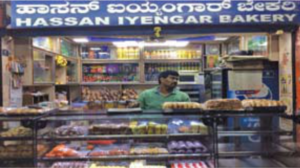
In most Iyengars bakeries, the owners themselves attend to the customers. The human interface between the owners and customers for generations is an important factor behind their longevity. They do not spend much on ads. The relationship with customers is the strongest advantage of Iyengars bakeries when it comes to brand building.
Iyengars want to bring awareness among their young generation that bakery is part of food industry, and there is a huge opportunity for them to choose this as their career. They are in the process of creating awareness about bakery as a line of business. Nevertheless, it is not just a business but a passion for the Iyengars.



